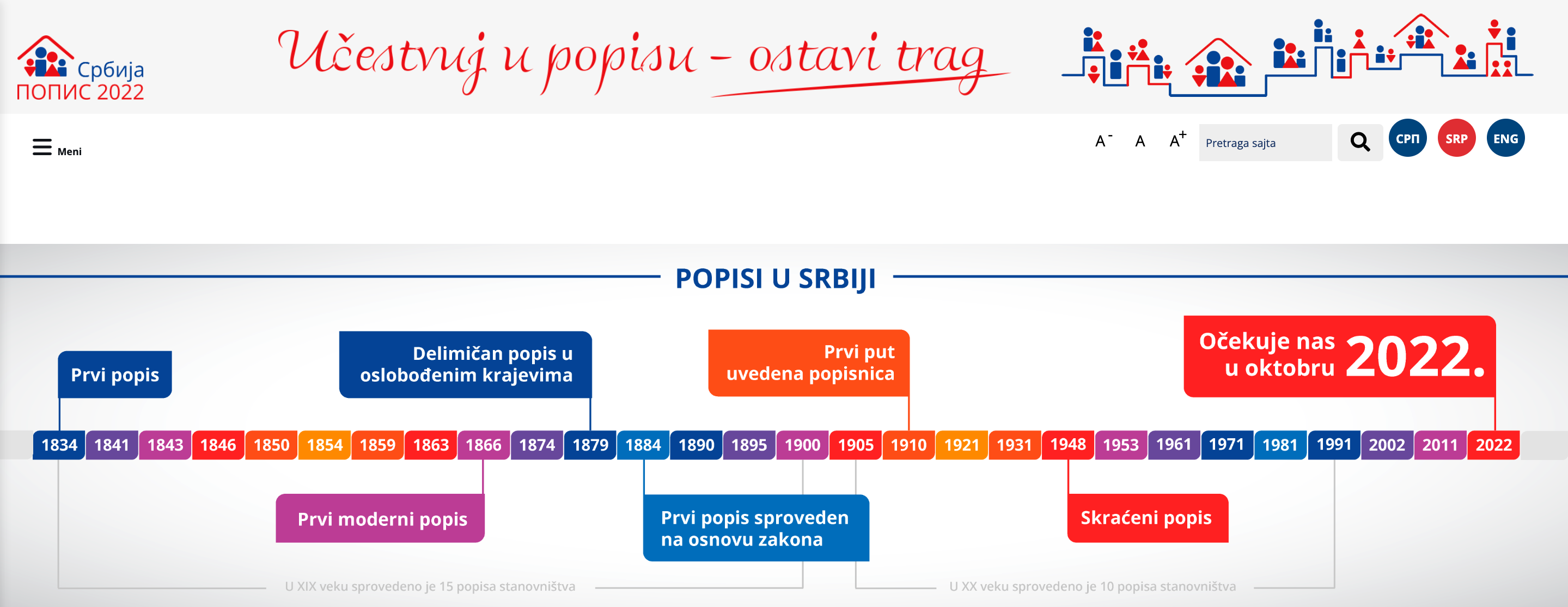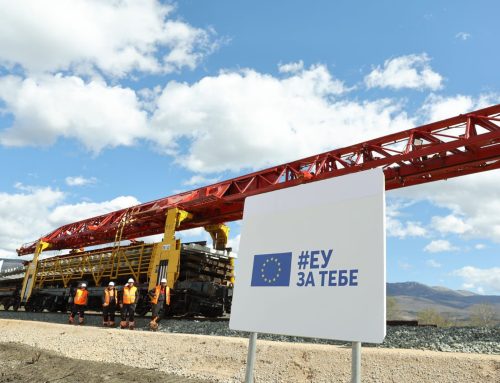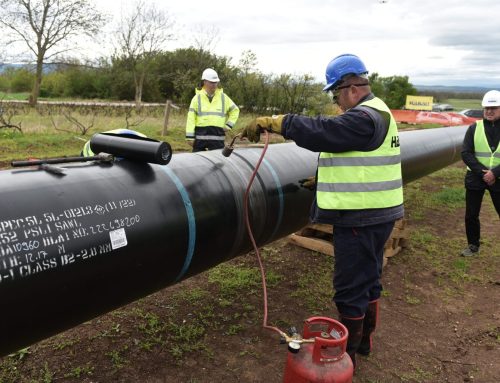Each census is a valuable source of information on how many citizens there are, how we as the population have changed. The population census will be done throughout the month of October, and preparations are well under way.
“There are numerous activities, methodological and organizational, as well as cooperation, development of more than 20 applications. As far as the citizens are concerned, good will is needed before everything else, in order to establish a relationship of cooperation and trust between the official statistics and the citizens of the Republic of Serbia”, said Snežana Lakčević, Assistant Director of the Statistical Office for the Radio Television of Serbia (RTS).
“One of the specifics of the upcoming census is that for the first time in this census we will use electronic forms, the enumerators will carry laptops that will contain an application for the forms. One form is for a citizen, that is, a citizen of Serbia, and another one is for a household or a dwelling”, explains Lakčević.
The Republic Statistical Office of Serbia, as the implementing entity of census activities, published a public call on July 22, 2022 for application of candidates that would like to work as enumerators, on the website of the Republic Statistical Office: www.stat.gov.rs and on the Census website: www.popis2022.stat.gov.rs.

The public call contains general and special requirements that the candidates must meet, as well as a description of the entire selection procedure, and the period and method of engagement for enumerators. For the purposes of enumeration activities in the Census of Population, Households and Dwellings in the Republic of Serbia, the plan is to engage 15,000 enumerators.
Interested citizens can apply exclusively by filling out an electronic application, available on the website of the Republic Statistical Office www.stat.gov.rs and on the website of the Census – www.popis2022.stat.gov.rs until August 5, 2022 at 8 p.m.
The Census of Population, Households and Dwellings in the Republic of Serbia is conducted in the period from October 1 to October 31, 2022, in accordance with the Law on the Census of Population, Households and Dwellings in 2022 (“Official Gazette of the Republic of Serbia”, No. 9/2020 and 35/2021).
April 18, 1862 is considered as the beginning of official statistics in Serbia, when Prince Mihailo Obrenović signed an act obliging the Economic Department of the Ministry of Finance to conduct statistical work for all branches of state administration. The Head of the Department was Prof. Dr. Vladimir Jakšić.
Economic Department, Statistical Department, State Statistics Administration, Statistical Office, Institute of Statistics and Records, Institute of Statistics and Republic Statistical Office – these are the names of the institutions that have kept the official statistics of Serbia in the past 160 years.

The first population census in Serbia was carried out in 1834. Between the two world wars, two population censuses were carried out, while after the Second World War the first census was carried out in 1948, as a “shorter census” for the purpose of rebuilding the infrastructure and requesting compensation for damage, and after 1961 the census takes place every ten years.
Financial resources for the implementation of the 2022 Census of Population, Households and Dwellings were jointly provided by the Republic of Serbia and the European Union. The assistance is part of the project EU for Development of Statistics in Serbia. The total value of the project is EUR 29 million, of which the EU provided EUR 20 million.
Watch the promotional video “Become an Enumerator”:
The European Union’s support for the reform of public administration in Serbia is worth more than EUR 200 million, from 2000 to this day. Funds intended for public administration are used for the professionalization of administration, the development of electronic services, the management of public finance and the improvement of the work of local self-governments and independent institutions. Public administration reform is one of the most important elements in Serbia’s EU accession process, and in 2014 it was also placed on the forefront of the negotiations. A modern and professional public administration is a key element for every EU member state in order to effectively implement laws and manage EU funds transparently.




